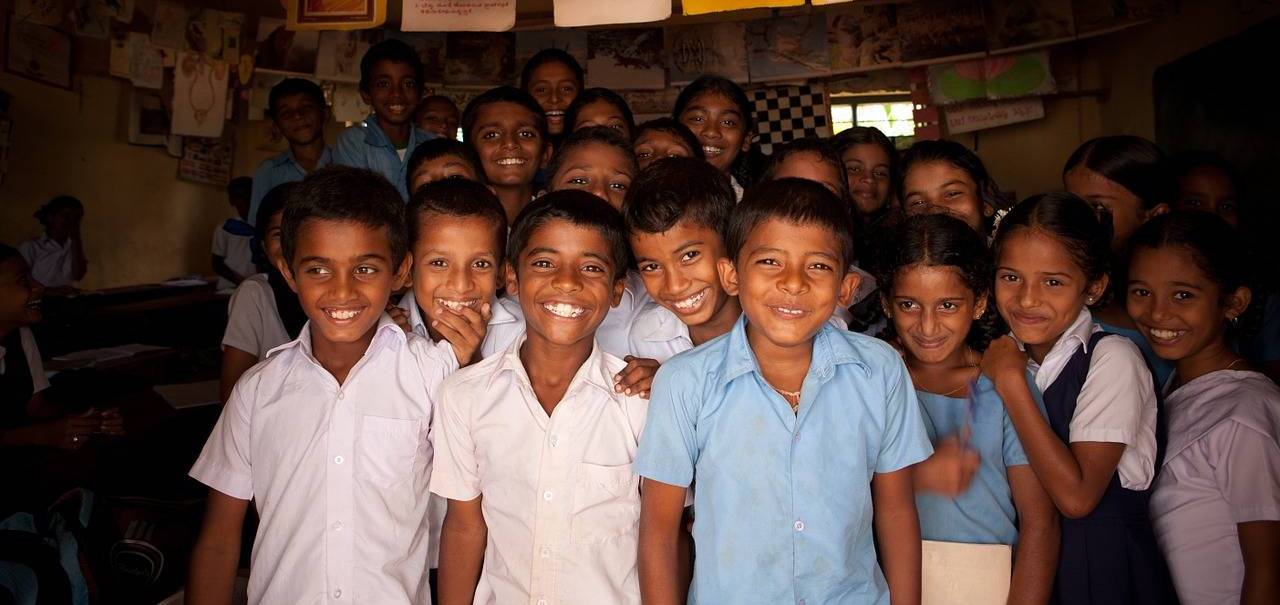As a leader in child protection and child rights advocacy in India, monitoring, evaluation, accountability and learning (MEAL) is of the highest importance to us and is critical to the success of all our programmes, campaigns and initiatives.
At Kailash Satyarthi Children’s Foundation (KSCF), we deploy a robust MEAL system to monitor progress, make adjustments, discover unplanned effects of initiatives, evaluate the impact we have made on the target population and learn from the same for better outcomes in the future. At every step we hold ourselves accountable to all those we serve and all those who support us. As a reputed child rights organization, we take our responsibility for using and monitoring resources efficiently and obtaining maximum results for the resources invested very seriously. Therefore we do everything we can to ensure every engagement with us is proven worthwhile. Our donors, volunteers, ambassadors and the public who support us through their donations, time and skills are also critical to our success. We are committed to being transparent to our supporters and accountable for the money they raise and the time they give.


Our MEAL system is therefore directed to achieve the following goals:
- Accountability and outcomes
- For measuring and demonstrating our impact by providing strong and attributable evidence, resulting in timely delivery of lasting impact for children as per our strategy, mission, vision, and values
- For being accountable to ourselves, children, communities, donors, supporters and partners
- Effective and efficient use of grants and funds
- For demonstrating that we use our funds effectively and efficiently
- For ensuring all planned deliverables and commitments are progressing as expected for the purposes of reporting
- For informing mid-course correction of project plans and adapt as per the changing need of the environment
- Data and evidence collection and learning
- For demonstrating that our approach, methodology and intervention works best for the target population based on the evidence collected.
- For scaling and expanding our programs and interventions based on the lessons learnt and deliver more for children
- For ensuring and improving the quality of our work
- Transparency
- For gaining and sustaining absolute trust of our donors and supporters on the work we do
- For increasing clarity on M&E responsibilities and access to information by stakeholders on the impact we have made
- For ensuring effective compliance to all legal and other matters and strengthen our own and partner’ governance system
KSCF’s commitment to operational and programmatic excellence demands continuous improvement in our ability to document, analyze and apply learning at the project, campaigns, research and community levels, and to share our reflections with stakeholders, practitioners and policymakers.
For the same, we invest in a holistic approach to monitoring, evaluation, accountability and learning to improve our ability to:
- Use effective feedback mechanisms to ensure greater accountability to program and campaign beneficiaries
- Systematically measure results, incorporate and document experiential learning
- Optimize use of technology to improve the accuracy, timeliness and accessibility of monitoring and evaluation data
- Facilitate decisions based on evidence and learning
- Share our learning with the broader development community, donors, supporters and policymakers
- Build capacity of partners including civil society, government, businesses, and children and help them measure the outcomes of their interventions
- Carry out due-diligence of all partners for ensuring effective collaborative project outcomes and strengthen their governance mechanism
- Deploy and follow global best accountability practices subject to revaluation and changes as needed from time to time.
- Create internal and external monitoring and evaluation systems with participation of colleagues and partners from top to bottom levels.
All programs, major campaigns and key innovation projects therefore have a rigorous internal and external monitoring, evaluation and learning systems that include the following:
- A baseline and an endline assessment of the situation and on ground conditions prior and after the intervention. This is followed by a 3 years review as well as a mid-term review.
- A monitoring system with daily, monthly, quarterly, mid-term and annual programmatic and financial review. This includes documenting progress against plans as per the indicators of measurement set. A daily meeting of the Management Committee including Heads of Departments is also conducted to understand any challenges, assess progress to chart any corrective course of action.
- An external or internal evaluation and audit during and after the intervention. All programmes are subjected to third party impact assessments.
- Quarterly reporting to our patrons on the progress made, challenges faced and how the contribution of all our patrons made a difference.
- Use of software technology for accurate data collection, analysis and optimal utilization of funds such as the MIS, Zoho portals, Google Earth, GIS mapping tools by raising queries and flagging it for relevant action.
- Regular periodic internal and external financial audits.
